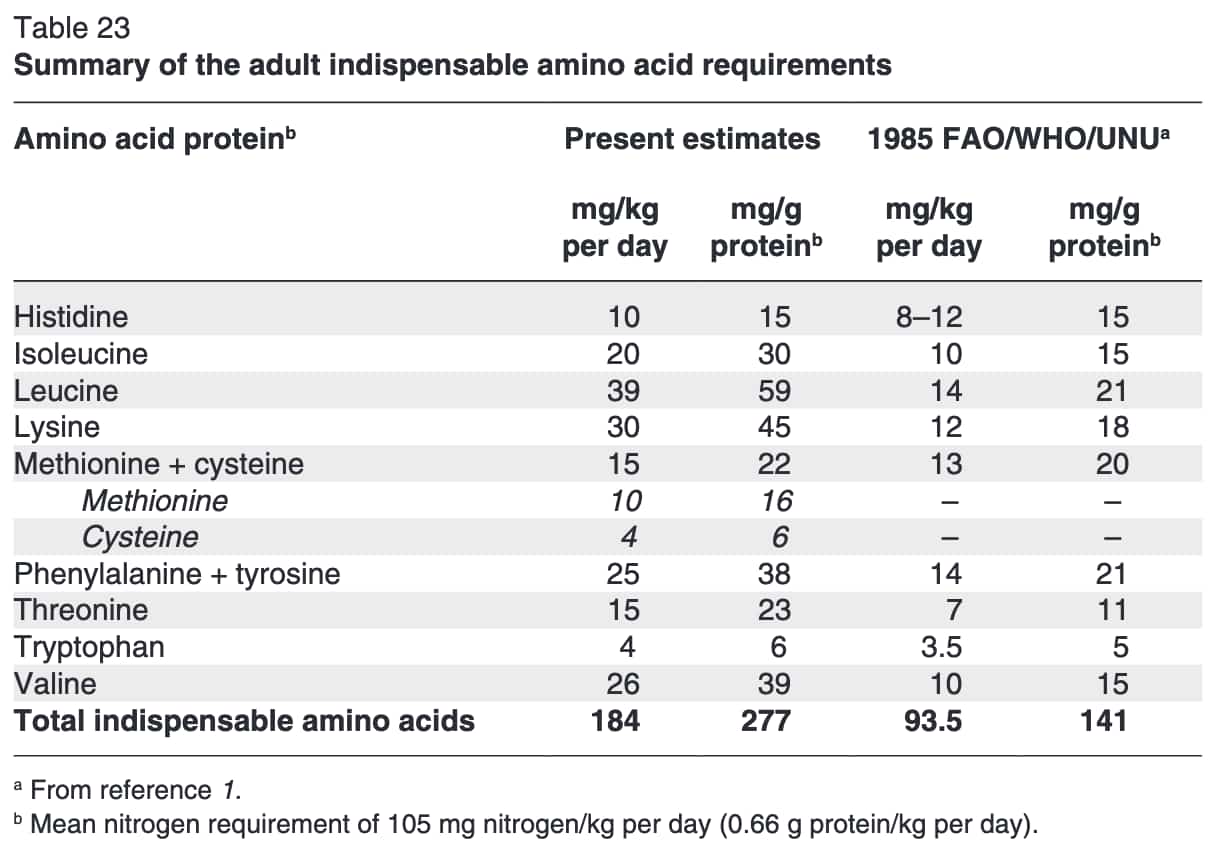16 Complete Protein Pairings with Papaya
Summary:
- Papaya is low in protein - about 0.7 grams per fruit.
- In addition, papaya provides only 3 of the 9 essential amino acids sufficiently - it is a little low on histidine, isoleucine, leucine, methionine, phenylalanine and valine.[1]
- Papaya pairs well with carrots, chia seeds, pumpkin seeds, hedge mustard seeds or spirulina to create a complete protein profile. [2] More papaya pairings and detailed analysis below.
A complete protein is a protein source that "contains adequate proportions of the nine essential amino acids" that our body can not produce on its own.
We analyzed the amino acid composition of papaya, and found both vegan and vegetarian pairings with papaya that creates a complete protein profile. Read on to discover new combinations of foods to enjoy!
Details on how we calculate complete protein profiles.
Amount of Protein in Papaya
Relatively low in protein, a single papaya contains 0.7 grams of protein, or about 1% of recommended daily values. [1]
To get the adequate amount of protein with papaya alone, you will need 68 papaya (10640 grams) for an average female, or 81 papaya for males. [4] That's over 4570 calories, and a lot of papaya! Pairing papaya with a richer protein source is a good idea.
Full nutritional profile for papaya
USDA Source: Papayas, raw
Macronutrients in 1 fruit (157g) of papaya:
| % of RDV | Amount | ||
| Calories |
|
3.4% | 68 kCal |
| Carbohydrates |
|
0% | - |
| Total fat |
|
0.6% | 0.4 grams |
| Protein |
|
1.5% | 0.7 grams |
Essential Amino Acids in Papaya
Proportionally, papaya does contain abundant amounts of 3 out of the nine essential amino acids. However, papaya is a little short on histidine, isoleucine, leucine, methionine, phenylalanine and valine.[1]
To have adequate amounts of all nine essential amino acids with papaya alone, you will have to eat 274 papaya (43000 grams) for an average person. [2]
That's about 304% more papaya to compensate for the lack of histidine, isoleucine, leucine, methionine, phenylalanine and valine, compared to the protein requirement alone.
The amount of each essential amino acid in 1 fruit (157g) of papaya:
| Amino Acid | % of RDV [2] | Amount [1] |
Complete / Adequate |
|
| Protein |
|
1.5% | 0.738g | |
| Histidine |
|
1.2% | 0.008g | |
| Isoleucine |
|
1.5% | 0.013g | |
| Leucine |
|
1.3% | 0.025g | |
| Lysine |
|
2.3% | 0.039g | |
| Methionine |
|
0.4% | 0.003g | |
| Phenylalanine |
|
0.9% | 0.014g | |
| Threonine |
|
1.9% | 0.017g | |
| Tryptophan |
|
4.8% | 0.013g | |
| Valine |
|
1.5% | 0.016g |
More Complete Protein with Papaya
- Carrots
- Chia Seeds
- Pumpkin Seeds
- Hedge Mustard Seeds
- Spirulina
- Lotus Seeds
- Pistachio
- Sunflower Seeds
- Cashews
- Dijon Mustard
- Poppy Seeds
- Wild Rice
Vegan 1. Carrots and Papaya


Low in protein, carrot is high in histidine, isoleucine, leucine, methionine, phenylalanine and valine, which is complementary to papaya.
A ratio of 1.3 papaya (196g) and 3 carrots (214g) creates a complete protein profile. In fact, any ratio of more than 1.1:1 of carrot to papaya will be complete.
Full nutritional profile for carrots
USDA Source: Carrots, raw
| Amino Acid | % of RDV [2] | Amount [5] |
Complete / Adequate |
|
| Protein |
|
5.8% | 2.9g | |
| Histidine |
|
15.1% | 0.1g | |
| Isoleucine |
|
21% | 0.18g | |
| Leucine |
|
13.2% | 0.25g | |
| Lysine |
|
15.5% | 0.27g | |
| Methionine |
|
5.4% | 0.05g | |
| Phenylalanine |
|
9.9% | 0.15g | |
| Threonine |
|
47.8% | 0.43g | |
| Tryptophan |
|
15.9% | 0.04g | |
| Valine |
|
15.5% | 0.17g |
Vegan 2. Chia Seeds and Papaya
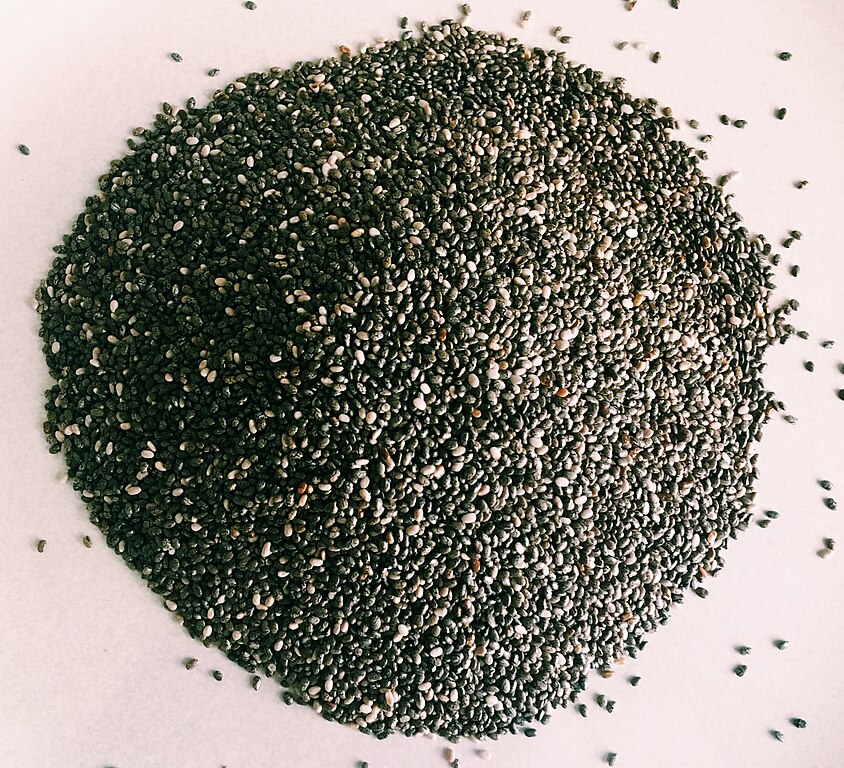

Chia seed is a reasonable source of supplementary protein, and is high in histidine, isoleucine, leucine, methionine, phenylalanine and valine, complementing the profile of papaya.
For example, 3.3 papaya (523g) and 0.6 ounce of chia seeds (16g) make a complete amino acids profile. The entire range to create a complete protein are ratios of 1:0.03 to 1:9 for papaya to chia seed by weight.
Full nutritional profile for chia seeds
USDA Source: Seeds, chia seeds, dried
| Amino Acid | % of RDV [2] | Amount [6] |
Complete / Adequate |
|
| Protein |
|
10.1% | 5.1g | |
| Histidine |
|
17.4% | 0.11g | |
| Isoleucine |
|
19.5% | 0.17g | |
| Leucine |
|
15.8% | 0.3g | |
| Lysine |
|
16.5% | 0.28g | |
| Methionine |
|
12% | 0.1g | |
| Phenylalanine |
|
13.9% | 0.21g | |
| Threonine |
|
18.8% | 0.17g | |
| Tryptophan |
|
42.4% | 0.11g | |
| Valine |
|
18.6% | 0.2g |
Vegan 3. Pumpkin Seeds and Papaya


A reasonable source of supplementary protein, pumpkin seed is high in histidine, isoleucine, leucine, methionine, phenylalanine and valine, which is complementary to papaya.
A ratio of 3.3 papaya (523g) and 0.4 cup of pumpkin seeds (24g) creates a complete protein profile. The entire range to create a complete protein are ratios of 1:0.05 to 1:14 for papaya to pumpkin seed by weight.
Full nutritional profile for pumpkin seeds
USDA Source: Seeds, pumpkin and squash seeds, whole, roasted, without salt
| Amino Acid | % of RDV [2] | Amount [7] |
Complete / Adequate |
|
| Protein |
|
13.9% | 6.9g | |
| Histidine |
|
24% | 0.15g | |
| Isoleucine |
|
31.7% | 0.27g | |
| Leucine |
|
24.5% | 0.46g | |
| Lysine |
|
27.3% | 0.47g | |
| Methionine |
|
13% | 0.11g | |
| Phenylalanine |
|
18.2% | 0.27g | |
| Threonine |
|
24.8% | 0.22g | |
| Tryptophan |
|
46.5% | 0.12g | |
| Valine |
|
38.3% | 0.41g |
Vegan 4. Hedge Mustard Seeds and Papaya


Hedge mustard seed is a reasonable source of supplementary protein, and is high in histidine, isoleucine, leucine, methionine, phenylalanine and valine, complementing the profile of papaya.
For example, 3.3 papaya (523g) and 0.3 cup of hedge mustard seeds (25g) make a complete amino acids profile. The entire range to create a complete protein are ratios of 1:0.05 to 1:14 for papaya to hedge mustard seed by weight.
Full nutritional profile for hedge mustard seeds
USDA Source: Seeds, sisymbrium sp. seeds, whole, dried
| Amino Acid | % of RDV [2] | Amount [8] |
Complete / Adequate |
|
| Protein |
|
11% | 5.5g | |
| Histidine |
|
17.1% | 0.11g | |
| Isoleucine |
|
23.8% | 0.2g | |
| Leucine |
|
20.8% | 0.39g | |
| Lysine |
|
19.5% | 0.33g | |
| Methionine |
|
10.3% | 0.09g | |
| Phenylalanine |
|
13% | 0.19g | |
| Threonine |
|
25.6% | 0.23g | |
| Tryptophan |
|
41.7% | 0.11g | |
| Valine |
|
21.2% | 0.23g |
Vegan 5. Spirulina and Papaya


A great source of protein, spirulina is high in histidine, isoleucine, leucine, methionine, phenylalanine and valine, which is complementary to papaya.
A ratio of 2.5 papaya (393g) and 1.4 tablespoons of spirulina (10g) creates a complete protein profile. The entire range to create a complete protein are ratios of 1:0.02 to 1:10 for papaya to spirulina by weight.
Full nutritional profile for spirulina
USDA Source: Seaweed, spirulina, dried
| Amino Acid | % of RDV [2] | Amount [9] |
Complete / Adequate |
|
| Protein |
|
14.6% | 7.3g | |
| Histidine |
|
19.5% | 0.12g | |
| Isoleucine |
|
39.1% | 0.34g | |
| Leucine |
|
28.2% | 0.53g | |
| Lysine |
|
22.6% | 0.39g | |
| Methionine |
|
13.6% | 0.12g | |
| Phenylalanine |
|
20.1% | 0.3g | |
| Threonine |
|
36.2% | 0.33g | |
| Tryptophan |
|
46.2% | 0.12g | |
| Valine |
|
34.6% | 0.37g |
Vegan 6. Lotus Seeds and Papaya


Lotus seed is a reasonable source of supplementary protein, and is high in histidine, isoleucine, leucine, methionine, phenylalanine and valine, complementing the profile of papaya.
For example, 1.1 papaya (174g) and 1.5 cups of lotus seeds (49g) make a complete amino acids profile. In fact, any ratio of more than 0.28:1 of lotus seed to papaya will be complete.
Full nutritional profile for lotus seeds
USDA Source: Seeds, lotus seeds, dried
| Amino Acid | % of RDV [2] | Amount [10] |
Complete / Adequate |
|
| Protein |
|
16.6% | 8.3g | |
| Histidine |
|
34.5% | 0.22g | |
| Isoleucine |
|
44.8% | 0.39g | |
| Leucine |
|
32.7% | 0.62g | |
| Lysine |
|
30.5% | 0.52g | |
| Methionine |
|
15.5% | 0.13g | |
| Phenylalanine |
|
26.1% | 0.39g | |
| Threonine |
|
42.4% | 0.38g | |
| Tryptophan |
|
46.5% | 0.12g | |
| Valine |
|
46.2% | 0.5g |
Vegan 7. Pistachio and Papaya


A great source of protein, pistachio is high in histidine, isoleucine, leucine, methionine, phenylalanine and valine, which is complementary to papaya.
A ratio of 1.7 papaya (262g) and 0.3 cup of pistachio (39g) creates a complete protein profile. In fact, any ratio of more than 0.15:1 of pistachio to papaya will be complete.
Full nutritional profile for pistachio
USDA Source: Nuts, pistachio nuts, dry roasted, without salt added
| Amino Acid | % of RDV [2] | Amount [11] |
Complete / Adequate |
|
| Protein |
|
18.7% | 9.3g | |
| Histidine |
|
34.8% | 0.22g | |
| Isoleucine |
|
45.3% | 0.39g | |
| Leucine |
|
36.3% | 0.69g | |
| Lysine |
|
30.6% | 0.52g | |
| Methionine |
|
17.4% | 0.15g | |
| Phenylalanine |
|
31.1% | 0.46g | |
| Threonine |
|
33.7% | 0.3g | |
| Tryptophan |
|
46.7% | 0.12g | |
| Valine |
|
48.9% | 0.53g |
Vegan 8. Sunflower Seeds and Papaya


Sunflower seed is a reasonable source of supplementary protein, and is high in histidine, isoleucine, leucine, methionine, phenylalanine and valine, complementing the profile of papaya.
For example, 3.3 papaya (523g) and 3.6 tablespoons of sunflower seeds (30g) make a complete amino acids profile. The entire range to create a complete protein are ratios of 1:0.06 to 1:0.05 for papaya to sunflower seed by weight.
Full nutritional profile for sunflower seeds
USDA Source: Seeds, sunflower seed kernels, toasted, without salt
| Amino Acid | % of RDV [2] | Amount [12] |
Complete / Adequate |
|
| Protein |
|
15.2% | 7.6g | |
| Histidine |
|
26.7% | 0.17g | |
| Isoleucine |
|
34.6% | 0.3g | |
| Leucine |
|
24.2% | 0.46g | |
| Lysine |
|
20% | 0.34g | |
| Methionine |
|
14.1% | 0.12g | |
| Phenylalanine |
|
20.8% | 0.31g | |
| Threonine |
|
29.6% | 0.27g | |
| Tryptophan |
|
46.2% | 0.12g | |
| Valine |
|
32.2% | 0.35g |
Vegan 9. Cashews and Papaya
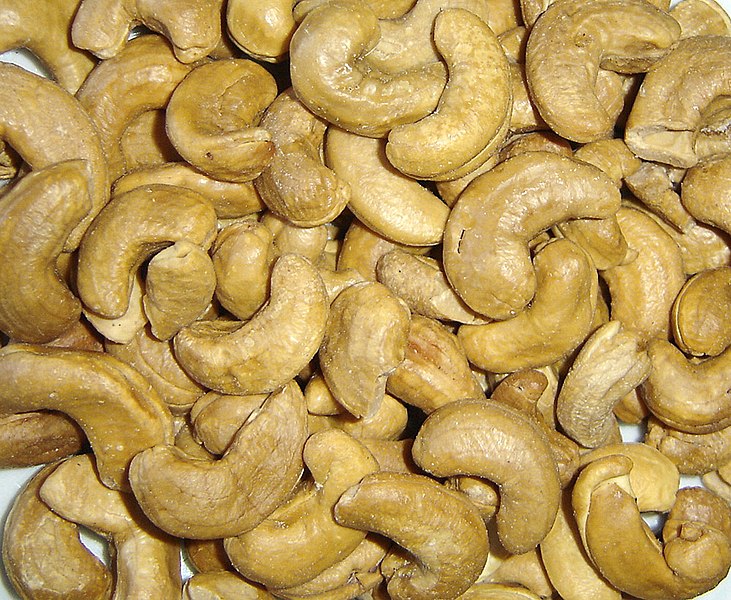

A reasonable source of supplementary protein, cashew is high in histidine, isoleucine, leucine, methionine, phenylalanine and valine, which is complementary to papaya.
A ratio of 2.5 papaya (393g) and 1.1 ounces of cashews (31g) creates a complete protein profile. The entire range to create a complete protein are ratios of 1:0.08 to 1:31 for papaya to cashew by weight.
Full nutritional profile for cashews
USDA Source: Nuts, cashew nuts, raw
| Amino Acid | % of RDV [2] | Amount [13] |
Complete / Adequate |
|
| Protein |
|
14.9% | 7.5g | |
| Histidine |
|
25.4% | 0.16g | |
| Isoleucine |
|
31.9% | 0.27g | |
| Leucine |
|
27.3% | 0.52g | |
| Lysine |
|
22.4% | 0.38g | |
| Methionine |
|
13.9% | 0.12g | |
| Phenylalanine |
|
22% | 0.33g | |
| Threonine |
|
28.4% | 0.26g | |
| Tryptophan |
|
46.2% | 0.12g | |
| Valine |
|
34.8% | 0.38g |
Vegan 10. Dijon Mustard and Papaya


Dijon mustard is a great source of protein, and is high in histidine, isoleucine, leucine, methionine, phenylalanine and valine, complementing the profile of papaya.
For example, 2 papaya (314g) and 4.5 tablespoons of dijon mustard (27g) make a complete amino acids profile. The entire range to create a complete protein are ratios of 1:0.09 to 1:43 for papaya to dijon mustard by weight.
Full nutritional profile for dijon mustard
USDA Source: Spices, mustard seed, ground
| Amino Acid | % of RDV [2] | Amount [14] |
Complete / Adequate |
|
| Protein |
|
17% | 8.5g | |
| Histidine |
|
39.9% | 0.25g | |
| Isoleucine |
|
39.9% | 0.34g | |
| Leucine |
|
32.2% | 0.61g | |
| Lysine |
|
33.5% | 0.57g | |
| Methionine |
|
15.8% | 0.14g | |
| Phenylalanine |
|
23% | 0.34g | |
| Threonine |
|
28.8% | 0.26g | |
| Tryptophan |
|
36.1% | 0.09g | |
| Valine |
|
40.4% | 0.44g |
Vegan 11. Poppy Seeds and Papaya


A reasonable source of supplementary protein, poppy seed is high in histidine, isoleucine, leucine, methionine, phenylalanine and valine, which is complementary to papaya.
A ratio of 5 papaya (785g) and 0.3 cup of poppy seeds (36g) creates a complete protein profile. The entire range to create a complete protein are ratios of 1:0.05 to 1:9 for papaya to poppy seed by weight.
Full nutritional profile for poppy seeds
USDA Source: Spices, poppy seed
| Amino Acid | % of RDV [2] | Amount [15] |
Complete / Adequate |
|
| Protein |
|
20.3% | 10.1g | |
| Histidine |
|
33.1% | 0.21g | |
| Isoleucine |
|
41.5% | 0.36g | |
| Leucine |
|
31.7% | 0.6g | |
| Lysine |
|
31.5% | 0.54g | |
| Methionine |
|
22.8% | 0.2g | |
| Phenylalanine |
|
23% | 0.34g | |
| Threonine |
|
36.9% | 0.33g | |
| Tryptophan |
|
49.5% | 0.13g | |
| Valine |
|
43.7% | 0.47g |
Vegan 12. Wild Rice and Papaya


Wild rice is a reasonable source of supplementary protein, and is high in histidine, isoleucine, leucine, methionine, phenylalanine and valine, complementing the profile of papaya.
For example, 3.3 papaya (523g) and 0.9 cup of wild rice (152g) make a complete amino acids profile. The entire range to create a complete protein are ratios of 1:0.29 to 1:0.03 for papaya to wild rice by weight.
Full nutritional profile for wild rice
USDA Source: Wild rice, cooked
| Amino Acid | % of RDV [2] | Amount [16] |
Complete / Adequate |
|
| Protein |
|
17.1% | 8.5g | |
| Histidine |
|
29.3% | 0.18g | |
| Isoleucine |
|
34.5% | 0.3g | |
| Leucine |
|
26.7% | 0.5g | |
| Lysine |
|
22.8% | 0.39g | |
| Methionine |
|
22.3% | 0.19g | |
| Phenylalanine |
|
23.1% | 0.34g | |
| Threonine |
|
27.9% | 0.25g | |
| Tryptophan |
|
44.9% | 0.12g | |
| Valine |
|
37.5% | 0.41g |
Vegetarian 13. Sour Cream and Papaya


A reasonable source of supplementary protein, sour cream is high in histidine, isoleucine, leucine, methionine, phenylalanine and valine, which is complementary to papaya.
A ratio of 5 papaya (785g) and 0.6 cup of sour cream (112g) creates a complete protein profile. The entire range to create a complete protein are ratios of 1:0.14 to 1:29 for papaya to sour cream by weight.
Full nutritional profile for sour cream
USDA Source: Cream, sour, cultured
| Amino Acid | % of RDV [2] | Amount [17] |
Complete / Adequate |
|
| Protein |
|
12.8% | 6.4g | |
| Histidine |
|
22.6% | 0.14g | |
| Isoleucine |
|
28.5% | 0.25g | |
| Leucine |
|
25.7% | 0.49g | |
| Lysine |
|
29.5% | 0.5g | |
| Methionine |
|
12% | 0.1g | |
| Phenylalanine |
|
16.5% | 0.25g | |
| Threonine |
|
27.3% | 0.25g | |
| Tryptophan |
|
42.2% | 0.11g | |
| Valine |
|
27.5% | 0.3g |
Vegetarian 14. Caramel and Papaya


Caramel is low in protein, and is high in histidine, isoleucine, leucine, methionine, phenylalanine and valine, complementing the profile of papaya.
For example, 5 papaya (785g) and 0.8 cup of caramel (248g) make a complete amino acids profile. The entire range to create a complete protein are ratios of 1:0.32 to 1:0.02 for papaya to caramel by weight.
Full nutritional profile for caramel
USDA Source: Toppings, butterscotch or caramel
| Amino Acid | % of RDV [2] | Amount [18] |
Complete / Adequate |
|
| Protein |
|
13.4% | 6.7g | |
| Histidine |
|
22% | 0.14g | |
| Isoleucine |
|
33% | 0.28g | |
| Leucine |
|
25.5% | 0.48g | |
| Lysine |
|
28.4% | 0.49g | |
| Methionine |
|
12.5% | 0.11g | |
| Phenylalanine |
|
16.6% | 0.25g | |
| Threonine |
|
27.7% | 0.25g | |
| Tryptophan |
|
24.2% | 0.06g | |
| Valine |
|
29.8% | 0.32g |
Vegetarian 15. Mayonnaise and Papaya
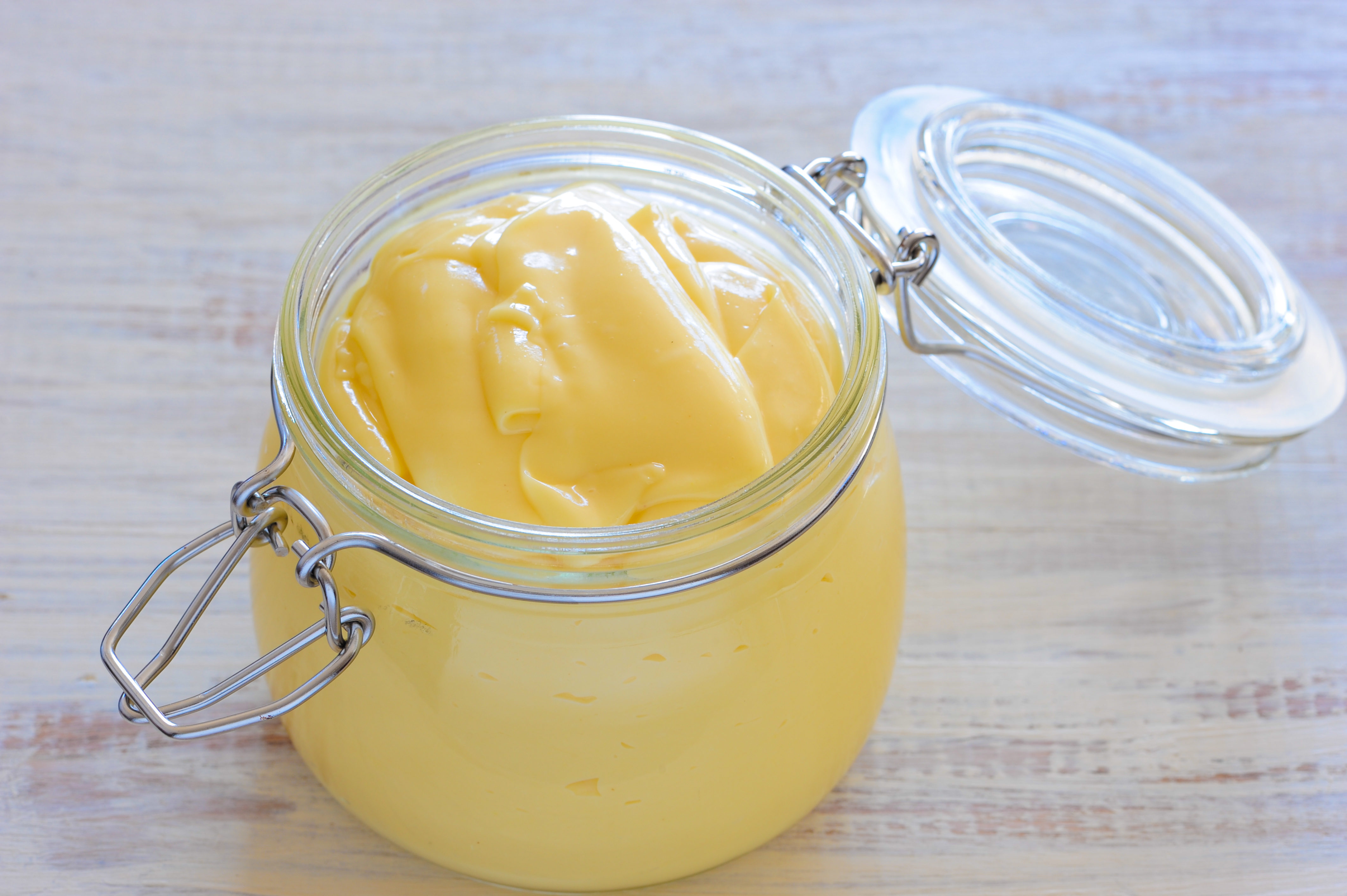

Low in protein, mayonnaise is high in histidine, isoleucine, leucine, methionine, phenylalanine and valine, which is complementary to papaya.
A ratio of 5 papaya (785g) and 1.1 cups of mayonnaise (242g) creates a complete protein profile. In fact, any ratio of more than 0.31:1 of mayonnaise to papaya will be complete.
Full nutritional profile for mayonnaise
USDA Source: Salad dressing, mayonnaise, regular
| Amino Acid | % of RDV [2] | Amount [19] |
Complete / Adequate |
|
| Protein |
|
12% | 6g | |
| Histidine |
|
16.2% | 0.1g | |
| Isoleucine |
|
25.6% | 0.22g | |
| Leucine |
|
18.8% | 0.36g | |
| Lysine |
|
21.7% | 0.37g | |
| Methionine |
|
11.7% | 0.1g | |
| Phenylalanine |
|
14% | 0.21g | |
| Threonine |
|
24.4% | 0.22g | |
| Tryptophan |
|
40% | 0.1g | |
| Valine |
|
23.9% | 0.26g |
Vegetarian 16. Yogurt and Papaya
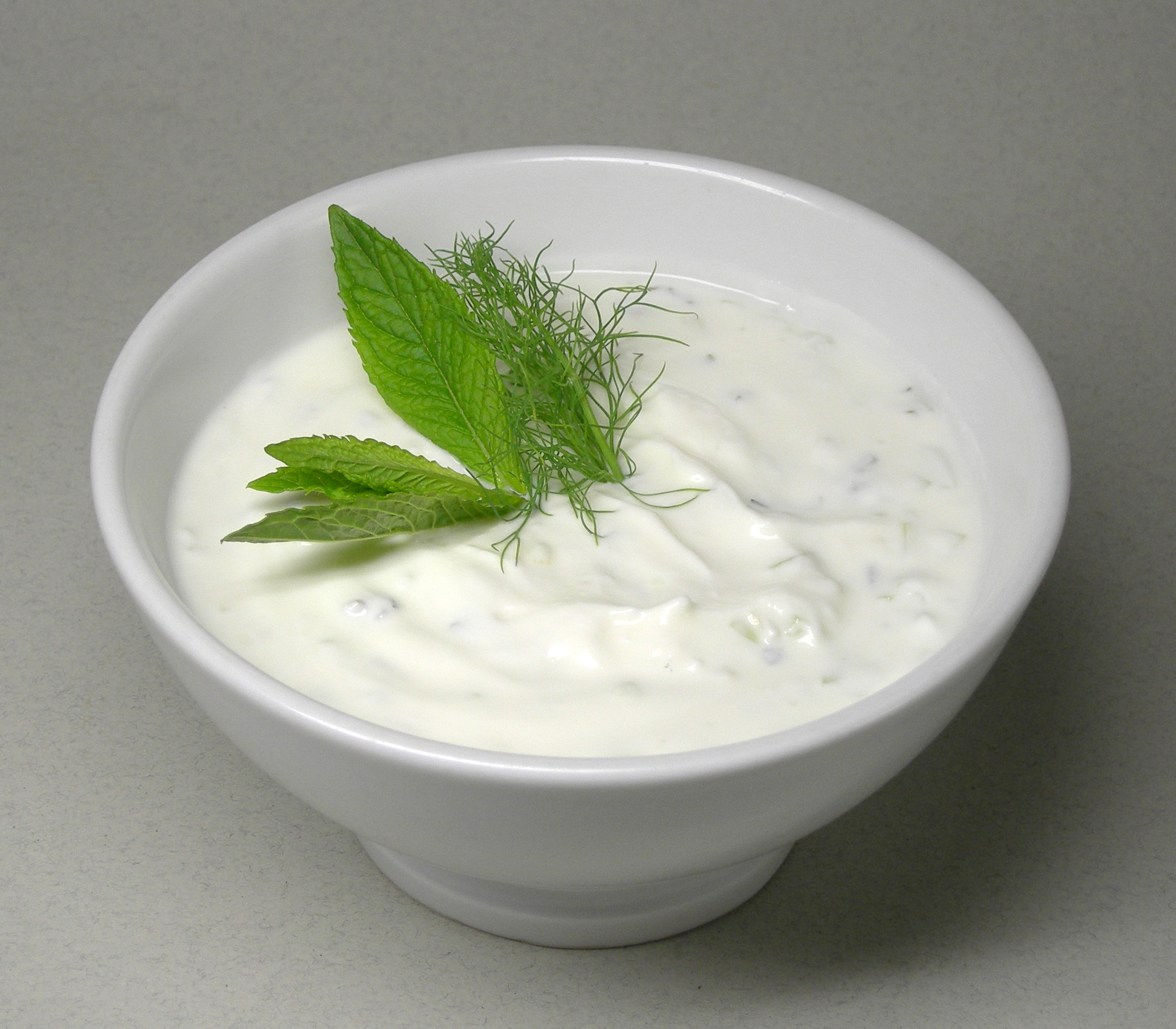

Yogurt is a reasonable source of supplementary protein, and is high in histidine, isoleucine, leucine, methionine, phenylalanine and valine, complementing the profile of papaya.
For example, 5 papaya (785g) and 0.4 cup of yogurt (94g) make a complete amino acids profile. The entire range to create a complete protein are ratios of 1:0.12 to 1:0.11 for papaya to yogurt by weight.
Full nutritional profile for yogurt
USDA Source: Yogurt, plain, whole milk
| Amino Acid | % of RDV [2] | Amount [20] |
Complete / Adequate |
|
| Protein |
|
13.9% | 7g | |
| Histidine |
|
19.1% | 0.12g | |
| Isoleucine |
|
28% | 0.24g | |
| Leucine |
|
24.1% | 0.46g | |
| Lysine |
|
28.6% | 0.49g | |
| Methionine |
|
13% | 0.11g | |
| Phenylalanine |
|
16.7% | 0.25g | |
| Threonine |
|
24.4% | 0.22g | |
| Tryptophan |
|
31.4% | 0.08g | |
| Valine |
|
32.3% | 0.35g |
